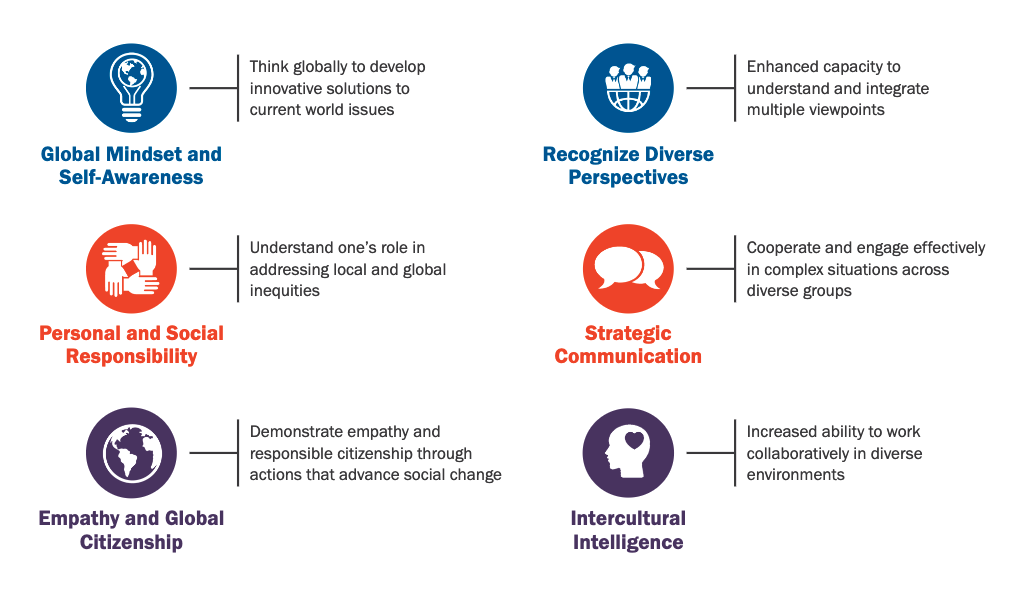Program Learning Outcomes and Curriculum
Your program curriculum is designed to ensure graduates acquire the essential skills, knowledge, and attitudes appropriate and relevant to both the needs of students and employers.
Program Vocational Learning Outcomes
Program vocational learning outcomes describe what graduates of the program have demonstrated they can do with the knowledge and skills they have achieved during their studies. The outcomes are closely tied to the needs of the workplace. Through assessment (e.g., assignments and tests), students verify their ability to reliably perform these outcomes before graduating.
In the Community Development Work program, we have 12 Ministry mandated Program Learning Outcomes that all students will have demonstrated within the program prior to graduation.
Community Development Program Learning Outcomes:
The graduate has reliably demonstrated the ability to:
1. Maintain professional working relationships which adhere to ethical standards when addressing potential conflict of interests within the community.
2. Identify personal values and motivational goals that would assist in the successful implementation of community projects.
3. Apply leadership, team building, networking, conflict resolution and organizational skills to working in teams with a variety of populations.
4. Advocate for/with community needs, values and goals through community agencies and professional organizations.
5. Apply principles of community development to a variety of individuals, organizations and communities in order to meet the diverse needs of different types of community groups.
6. Contribute to the design, implementation, and evaluation of community development programs and services aimed at addressing community needs and reducing social inequalities.
7. Analyze trends and issues in the political, social and economic environment of a community in order to effectively deliver relevant community programs.
8. Assess community needs based on community member consultation, feedback from community workers and the use of community assessment tools.
9. Provide appropriate referral information to assist individuals, groups and organizations in accessing existing services and community resources.
10. Examine and evaluate community development policy that facilitates social empowerment and promotes global citizenship, diversity, equity and inclusion.
11. Apply fundraising strategies to secure resources for the implementation of community programs that facilitate personal, organizational and community goals.
12. Examine and evaluate community development research in order to identify and implement specific community development approaches and best practices that will promote community action.
Essential Employability Skills Outcomes
Essential Employable Skills (EES) are skills that, regardless of a student’s program or discipline, are critical for success in the workplace, in day-to-day living, and for lifelong learning. Graduates will reliably demonstrate abilities in six skill categories:
The original version of this chapter contained H5P content. You may want to remove or replace this element.
Global Citizenship and Equity Learning Outcomes
There are six Global Citizenship and Equity (GCE) learning outcomes integrated into Diploma and Advanced Diploma programs as a component of Centennial’s Signature Learning Experience (SLE). The SLE reflects the College’s promise to provide students with a distinctive and inclusive educational experience that builds on a foundation of global citizenship, equity, and social justice. Certificate and Graduate Certificates also include at least two GCE learning outcomes. The GCE learning outcomes are:
- Identify one’s role and responsibilities as a global citizen in personal and professional life.
- Identify beliefs, values and behaviours that form individual and community identities and the basis for respectful relationships.
- Analyze issues of equity at the personal, professional, and global level.
- Analyze the use of the world’s resources to achieve sustainability and equitable distribution at the personal, professional, and global level.
- Identify and challenge unjust practices in local and global systems.
- Support personal and social responsibility initiatives at the local, national, and global level.
Global Citizenship and Equity Portfolio
As a component of the SLE, Diploma and Advanced Diploma program students will complete the Global Citizenship and Equity (GCE) Portfolio. Building the GCE Portfolio is a process of documenting your GCE learning. Each item selected for inclusion in the portfolio demonstrates growth and understanding of Global Citizenship and Equity within your program of study.

Students are encouraged to develop their GCE Portfolio beginning in their first semester. You will add artifacts from coursework and accompanying reflections as well as artifacts arising from co-curricular activities, volunteering, etc. to your portfolio as you progress through the program. You are encouraged to use the ePortfolio tools available on eCentennial, as well as to develop an online professional portfolio presence through LinkedIn and/or other personal websites/blogs.

